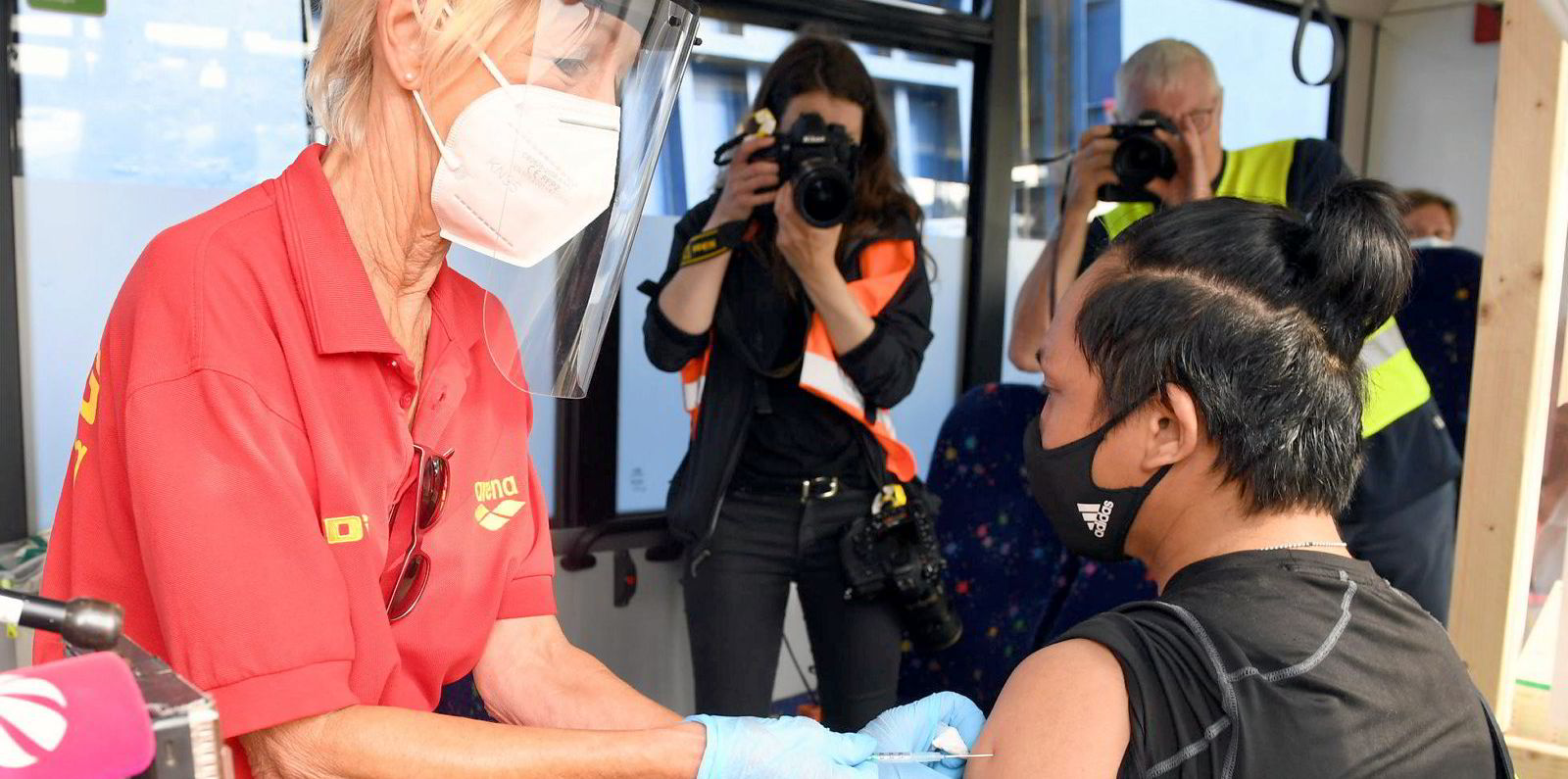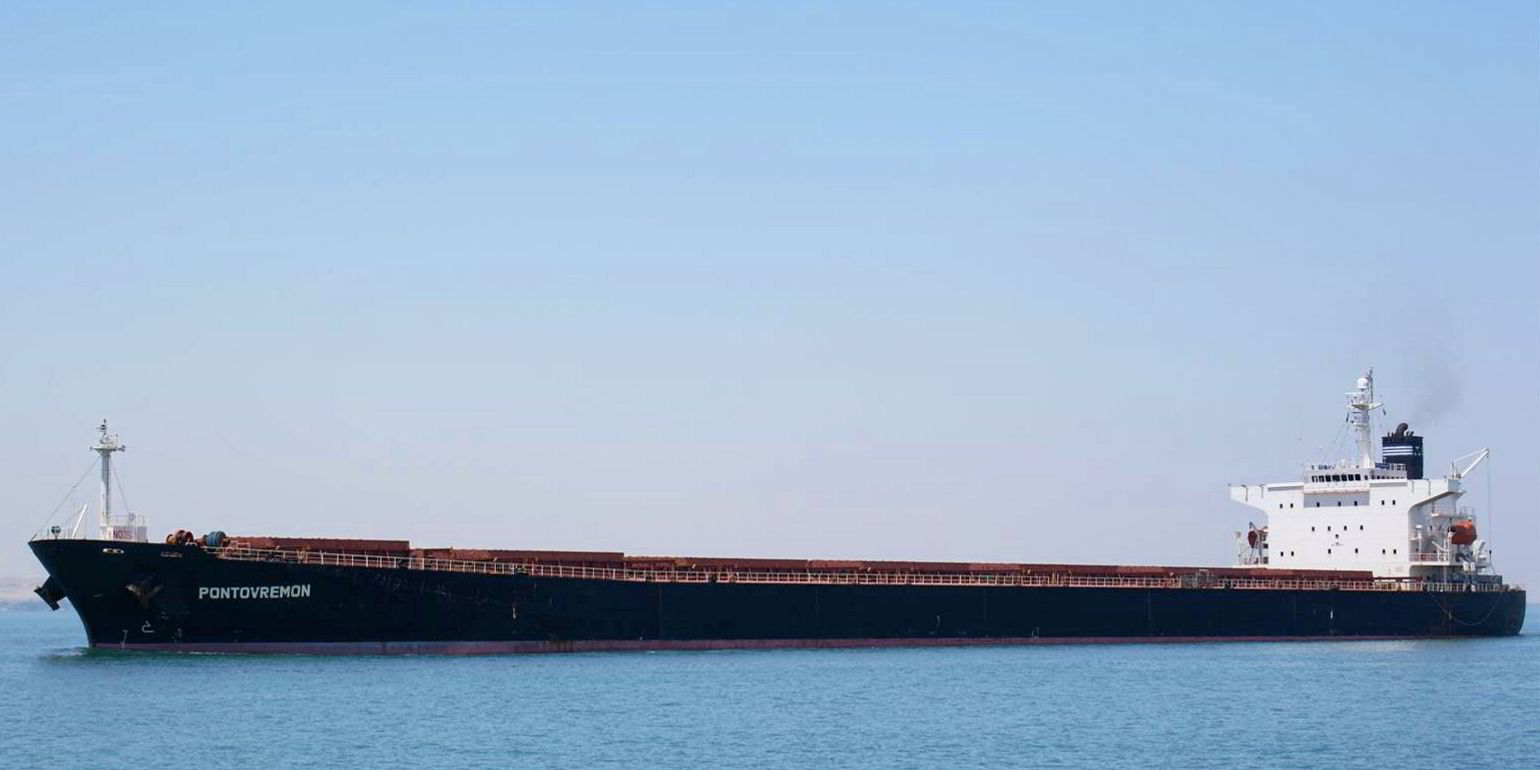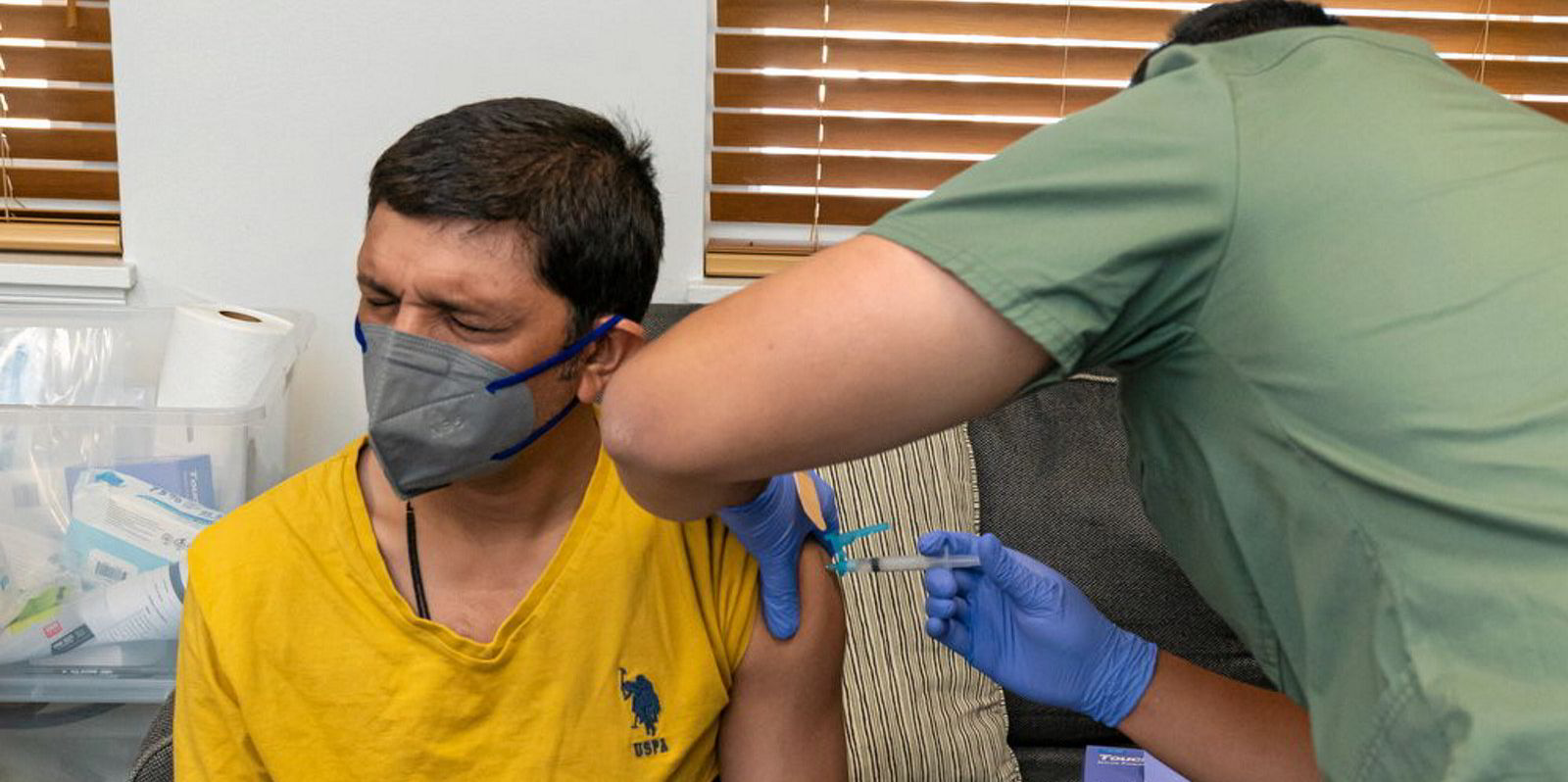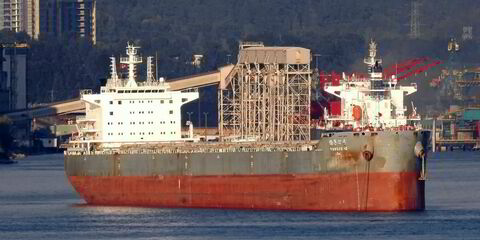Ship managers are braced for further restrictions on crew change as it emerged so far 56 countries have introduced additional travel and quarantine restrictions since Omicron was identified as a "variant of concern".
The World Health Organization (WHO) has been monitoring the unfolding crisis, and the growing list of countries now applying travel restrictions, and keeping International Maritime Organization member states and its NGOs updated.
According to the latest WHO report, governments tightening travel controls include key crew change countries such as the US, China, the 27 members of the European Union, the UK, Brazil, Canada, the United Arab Emirates, India, Indonesia, Japan, the Philippines, South Korea and Singapore.
Ship managers contacted by TradeWinds said there has been no impact on crew change so far, but they do not expect that to last.
V.Group chairman Graham Westgarth described the situation as "very fast moving". Although no complications to crew change had emerged so far, he said he believed it might only be "a matter of time", before the impact is felt.
International Chamber of Shipping's director of employment affairs Natalie Shaw said that she is concerned about the "knock-on effect" on crew change of the travel restrictions announced so far.
New crisis?
International Maritime Employers' Council (IMEC) chief executive Francesco Gargiulo said: "Here we are with a lot of people that won't spend Christmas at home once again.
"I think we will need to see how this plays out over the next few days before we call this a new crisis, but it has all the makings of one," he said.
In a worrying development, the Philippines, shipping's largest labour supply country — through its Inter Agency Task Force For the Management of Emerging Infectious Diseases — issued a resolution stating some of its own nationals may not be allowed back home.
"The inbound international travel of all persons, regardless of vaccination status, coming from, or who have been to, "Red List" countries/jurisdictions/territories within the last 14 days prior to arrival to any port of the Philippines shall not be allowed," it said in a new declaration.
The WHO has held technical expert consultations, and is revising its travel advice in relation to this new variant.
The majority of countries on the WHO list have introduced measures such as the denial of entry, or suspension of flights, from or to countries in the Southern African region or where the variant has been detected. Other countries have prioritised enhanced surveillance, testing upon arrival and quarantine.
Real progress
The tough new travel restrictions come just as the shipping industry appeared to be making real progress in overcoming the Covid-19 crew crisis.
At the peak of the crew crisis, around 400,000 seafarers were affected by travel and quarantine restrictions to stop the spread of Covid-19.
According to the Neptune Declaration's latest figures, the percentage of seafarers aboard vessels working beyond the expiry date of their contract decreased to 7.1% in November from 7.9% in the previous month.
Vaccination rates among seafarers have helped them to both leave and join ships more freely.
Seafarer vaccination rates increased from 31% in October to 41% in November, according to the Neptune Declaration.






